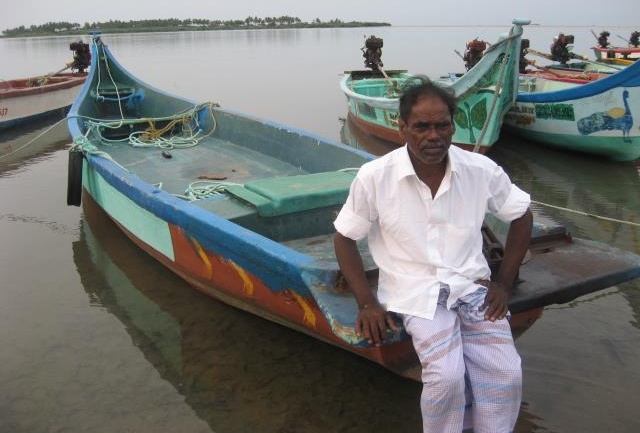In Nepal, we are working with 250 female headed households and other vulnerable households to improve living conditions and empower their communities.
In Nepal, tradition and patriarchy subject women to a life of servitude to their fathers, husbands and sons. Many female headed households are oppressed and disadvantaged. They are frequently denied access to and control over land, limiting their chances of ever owning a decent home. Their current housing conditions are substandard, with some women living in houses with no toilet facilities and often no windows.
By helping our partner families gain access to safe and secure housing they can start to build a better future for their themselves. Here are some of the stories of the inspiring women we are working with in Nepal…
Goma’s story
 Goma’s husband died four years ago from cancer. She lives with her teenage daughter and son, while a third daughter is married and living with her husband’s family.
Goma’s husband died four years ago from cancer. She lives with her teenage daughter and son, while a third daughter is married and living with her husband’s family.
Goma only moved into her new Habitat home just over six weeks ago. Her previous house was in very poor condition. The one -room house was close to falling down and had no foundation, a mud floor, and a tin sheet roof which wasn’t attached properly.
Goma desperately wanted to build a new home but didn’t know how. But after partnering with Habitat for Humanity, her dream of having a safe and secure home for her family became a reality.
Goma is very happy in her new home. Before her family had no toilet and had to practice open defection in a field nearby. They now have their own toilet and feel much safer and comfortable.
The family also received hygiene training and a hygiene kit. During this training they learned healthy practices such as how to properly wash hands before eating and after using the toilet.
Goma says her family are now adopting these habits and feel healthier. Her children are also happier in their new home and have a place where they can study and concentrate more on their education.
Satini’s story
 Satini is a Dalit, also known as the Untouchable caste. Nepal’s rigid caste system places the Dalits at the lowest ranks of society. They face discrimination at almost every level and are often denied access to housing and land.
Satini is a Dalit, also known as the Untouchable caste. Nepal’s rigid caste system places the Dalits at the lowest ranks of society. They face discrimination at almost every level and are often denied access to housing and land.
Satini lives with her two married sons, their wives and one grandson. Their old house was in very poor condition and too small for the growing family. The house had a leaky roof and without a locking door, Satini was worried for her family’s safety.
Habitat helped Satini and her family build a home three months ago. Satini takes great pride in her new house and is relieved knowing her family will be protected with a locking door and a secure roof to keep rain out. She is also grateful to have her own own toilet and that her family will no longer have to spend money fixing the roof each year.
Skip to content
Skip to sidebar
Skip to footer


